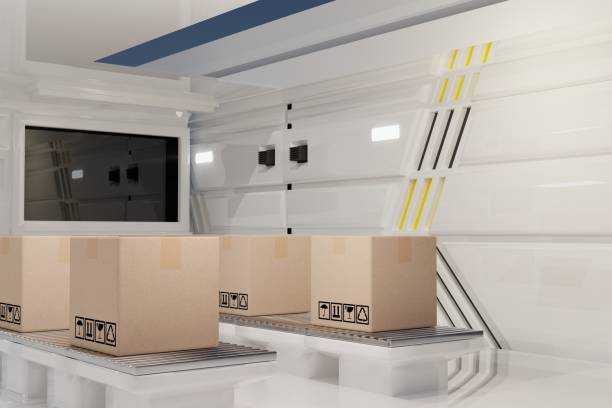Warehouse Packing Careers: A Comprehensive Overview
Discover the dynamic world of warehouse packing careers in the thriving logistics and e-commerce industries. This guide explores the essential skills, potential earnings, and growth opportunities for those interested in joining this vital sector. Learn how packing roles can serve as a stepping stone to various positions within the supply chain, offering both stability and room for advancement.

Exploring Warehouse Packing Careers: Skills, Compensation, and Growth Potential
Key Competencies for Success in Packing Roles
While formal education requirements for packing positions may vary, certain skills are universally valued in this field:
- Physical endurance for prolonged standing and movement
- Meticulous attention to detail
- Fundamental arithmetic proficiency
- Efficient time management
- Capacity to handle items weighing 25-50 pounds routinely
- Strong interpersonal and teamwork abilities
Most employers seek candidates with a high school diploma or equivalent, though some may consider applicants based on their practical skills and experience.
Understanding Compensation in the Packing Industry
Remuneration for packing roles can differ based on geographic location, individual experience, and the specific employer. Here’s a general overview of potential earnings:
| Career Stage | Typical Hourly Wage | Estimated Annual Income |
|---|---|---|
| Newcomer | $12-15 | $24,960-31,200 |
| Seasoned | $15-20 | $31,200-41,600 |
| Veteran/Lead | $20-25 | $41,600-52,000 |
Note: The figures provided are estimates and may not reflect current market conditions. It’s advisable to conduct independent research for the most up-to-date information when making career decisions.
Career Advancement in Logistics and Supply Chain
Starting in a packing role can open doors to various career progression paths within the industry. Many professionals find opportunities to advance to positions such as:
- Team leadership roles
- Quality assurance specialists
- Warehouse management
- Logistics coordination
- Operations oversight
The knowledge gained in packing positions, including insights into supply chain operations, inventory control, and shipping protocols, can be invaluable for climbing the career ladder in logistics and related fields.
Workplace Environment and Scheduling Options
The majority of packing jobs are situated in warehouse environments, offering diverse shift patterns to accommodate various lifestyles:
- Day shift (typically morning to mid-afternoon)
- Evening shift (afternoon to late evening)
- Night shift (overnight hours)
- Weekend operations
- Seasonal employment during high-demand periods
While most facilities maintain climate-controlled conditions, some may experience temperature fluctuations. Employees should be prepared for extended periods of standing and may need to operate material handling equipment as part of their duties.
Industry Outlook and Job Satisfaction
The packing sector continues to expand alongside the growth of e-commerce and international trade. Although the work can be physically challenging, it offers:
- Steady employment prospects
- Potential for career advancement
- The gratification of contributing to a crucial aspect of global commerce
Packing professionals play an essential role in ensuring goods are safely and efficiently transported worldwide, making it a rewarding career choice for those interested in the logistics and supply chain industries.
This overview provides general information about packing careers and should not be interpreted as specific job listings or employment guarantees. Individuals interested in pursuing roles in this field should research current job markets and consult with industry professionals for the most accurate and up-to-date career guidance.






